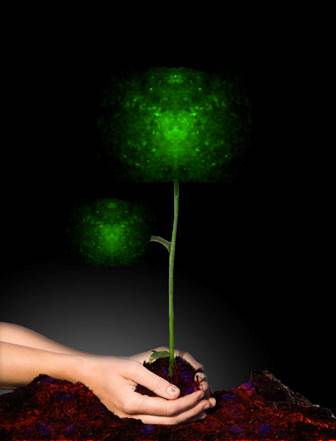
We previously found the induction of chronic inflammation and/or fibrosis at the metastatic site generated a permissive niche that triggered the transition of the residing dormant tumor cells to proliferating metastases. Specifically, fibrotic-like microenvironment, characterized by extensive deposition of Type I collagen (Col-I) and fibronectin, promoted the outbreak of residing QDTC. Therefore, based on our previous findings our lab explores whether promoting resolution of inflammation at the metastatic niche can prevent metastatic breast cancer recurrence using cells and mediators generated during the resolution of inflammation. Our lab developed pro-resolving mediators generated by pro-resolving macrophages with anti-angiogenic (Michaeli S et al Frontiers in Immunology 2018) and anti-fibrotic activity. These mediators prevented the awakening of dormant breast tumor cells in an in-vitro and in-vivo systems to model tumor dormancy and outgrowth. Our lab explores the mechanism of resolution at the metastatic niche and the identity of the resolving mediators in order to translate these finding to potential therapeutic strategies to prevent cancer recurrence.
